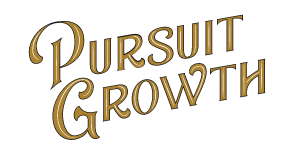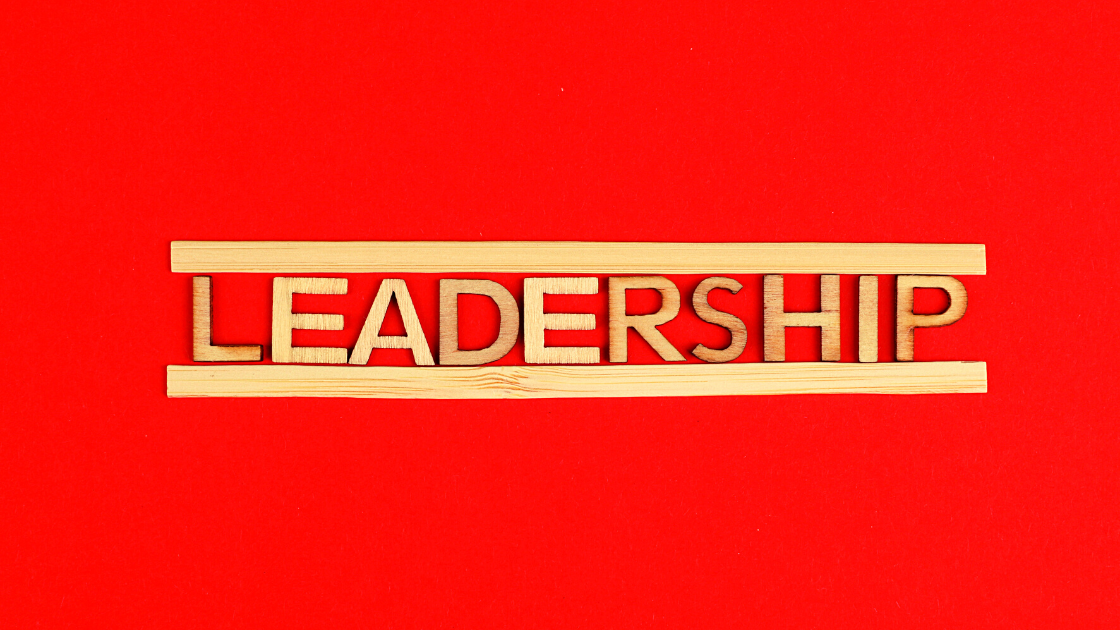What are the behaviors of a great leader? Are you a leader? Whether regarding your professional or personal lives, yes, you are a leader. Regardless of position or title, you can take ownership in developing leadership behavior to effectively increase your performance, professionally and personally, and the performance of others.
Gallup, an American analysis and advisory company based in Washington, D.C., has spent decades studying leadership. They developed 7 behaviors that define leadership excellence. Ken Stibler, an executive coach and international speaker shares these 7 behaviors during his professional workshops and speaking engagements. You can listen to Ken Stibler’s episode on The Pursuit of Growth Show Episode 014 on YouTube of your favorite Podcast Platform to learn more about Ken and his passion for coaching people to excel professionally and personally.
Can you master the 7 behaviors for leadership performance?
- Building relationships
- Developing people
- Leading change
- Inspiring others
- Thinking critically
- Communicating clearly
- Creating accountability
Exceptional leaders thrive in these areas. Poor leaders do not. Which of these areas do you possess natural strengths? Which of areas are you weak? Take time to reflect on all 7 and identify how you succeed or fail in each category. For all 7 behaviors, define how you can improve.
Answer the following questions:
- How can I build relationships better?
- How can I develop people better?
- How can I lead change better?
- How can I inspire others better?
- How can I think critically better?
- How can I communicate clearly better?
- How can I create accountability better?
How can you educate yourself and then apply the knowledge you’ve learned for each of the 7 behaviors? What articles can you read? What books can you study? What courses can you take? Who can you ask for professional or personal mentorship?
Are you willing to put in the work to achieve exceptional leadership performance?
Live The Pursuit of Growth





